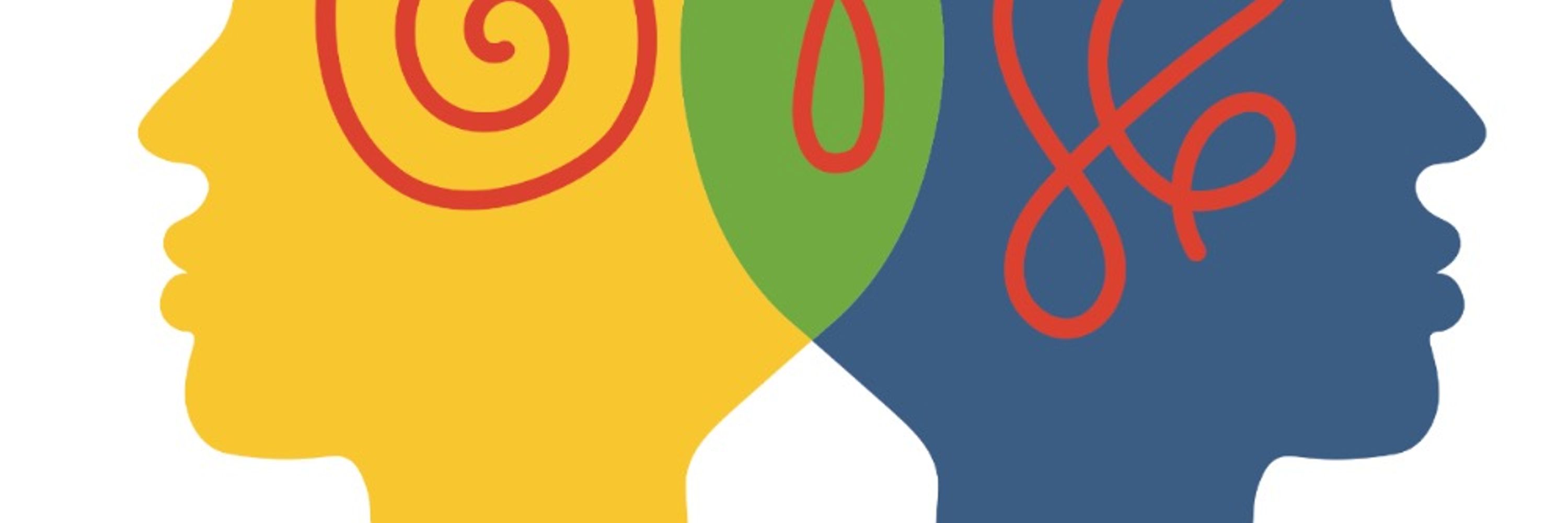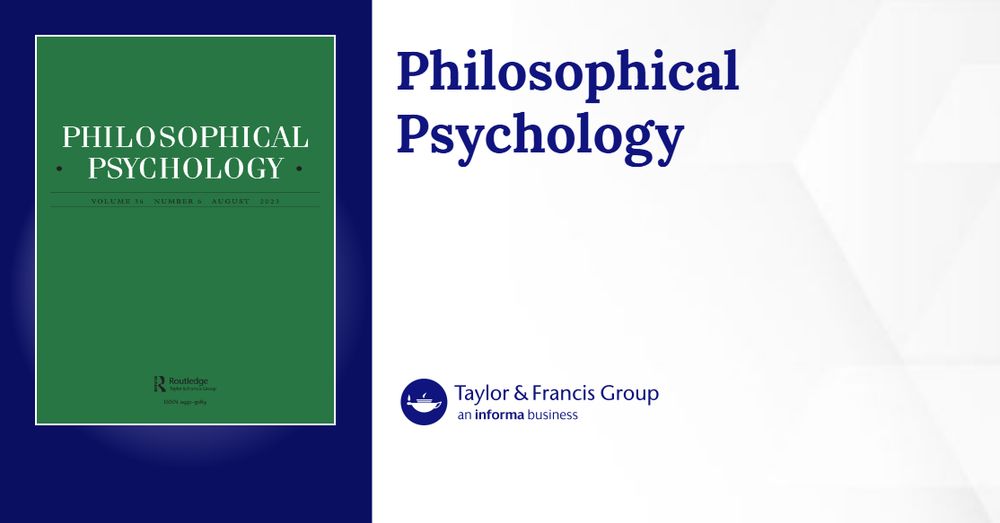
16/16

16/16
15/16

15/16
14/16

14/16
13/16

13/16
12/16

12/16
11/16

11/16
10/16

10/16
9/16

9/16
8/16

8/16
7/16

7/16
6/16

6/16
5/16

5/16
4/16

4/16
3/16

3/16
2/16

2/16
by David M. Black doi.org/10.1080/0951... #philsky #booksky #philpsy
8/8

by David M. Black doi.org/10.1080/0951... #philsky #booksky #philpsy
8/8
7/8

7/8
6/8

6/8
5/8

5/8
4/8

4/8

